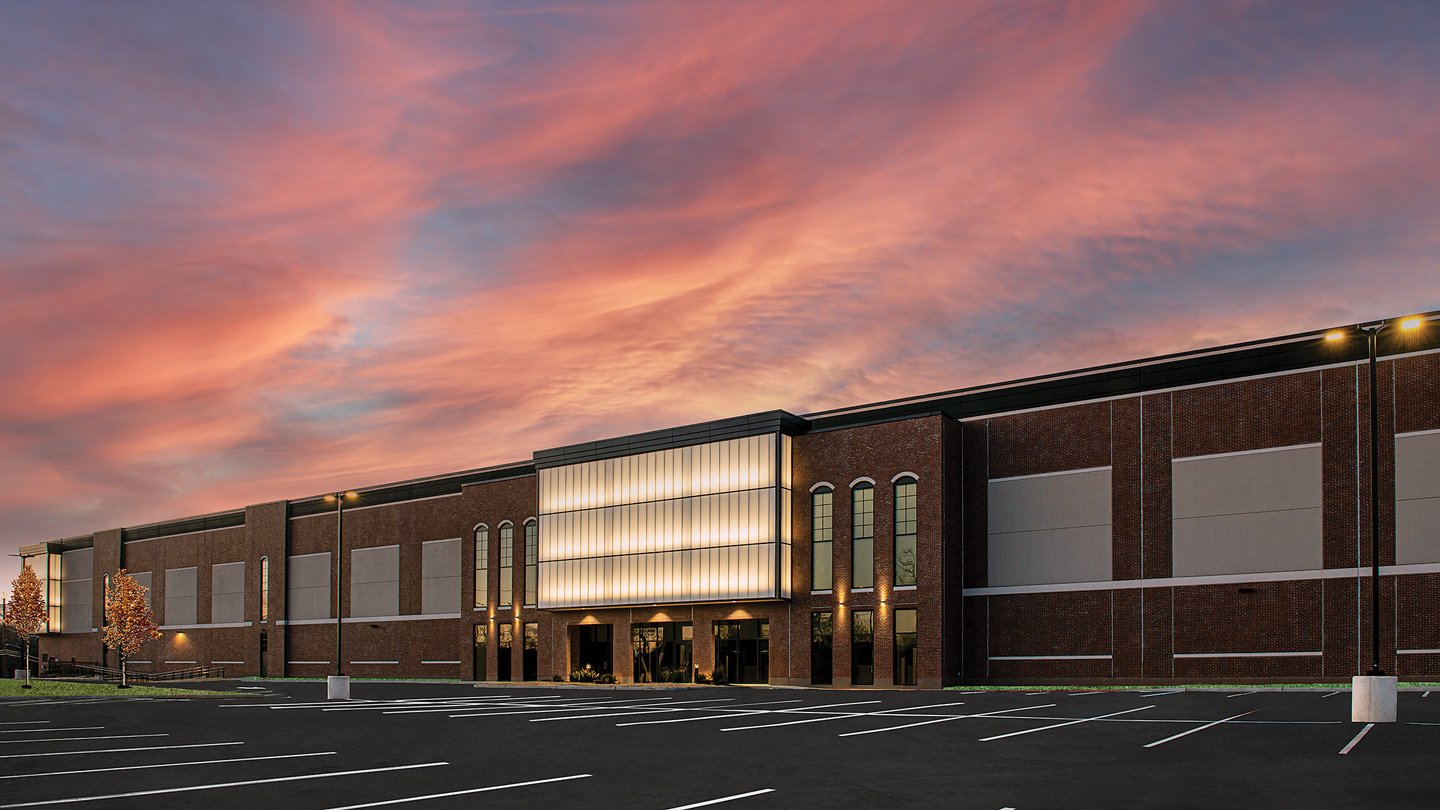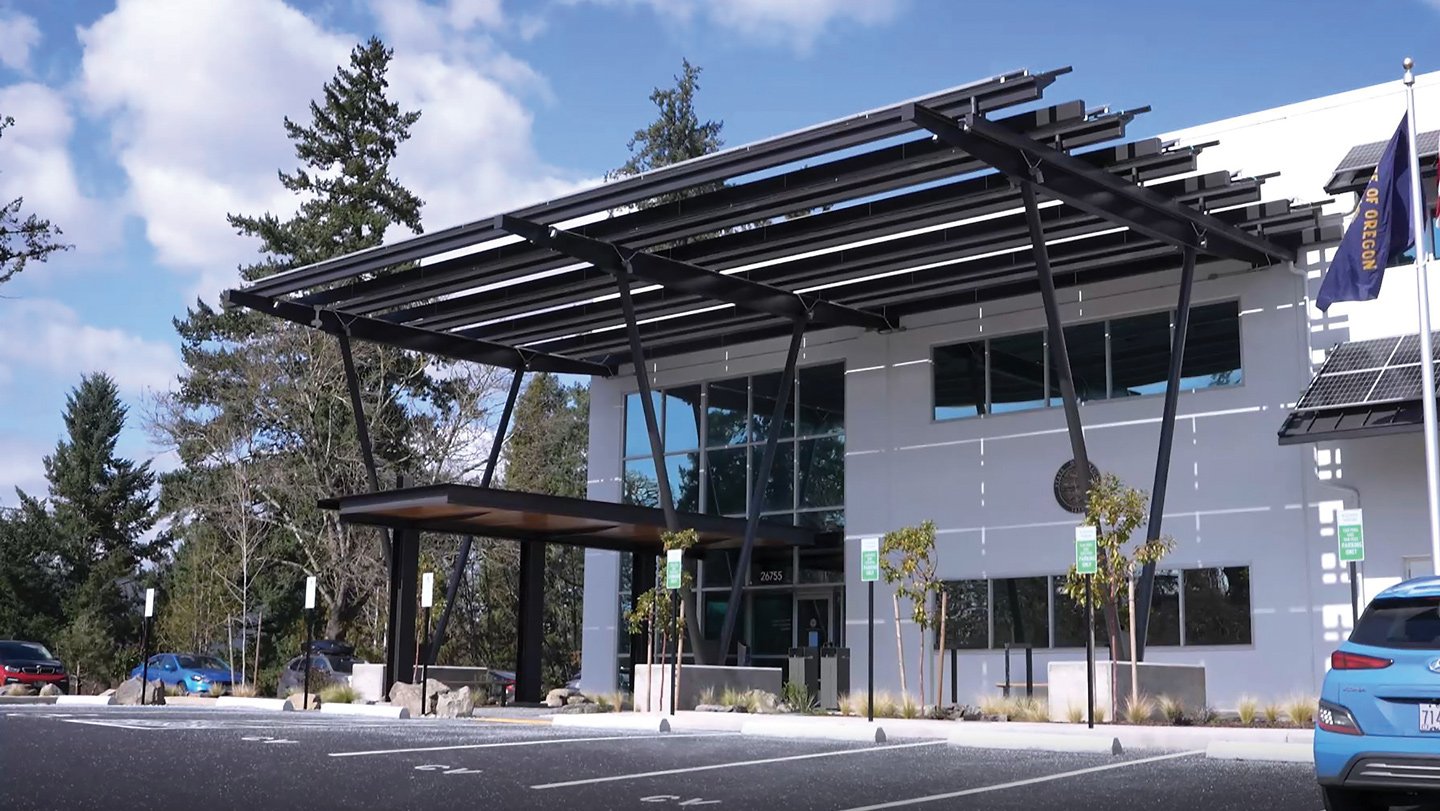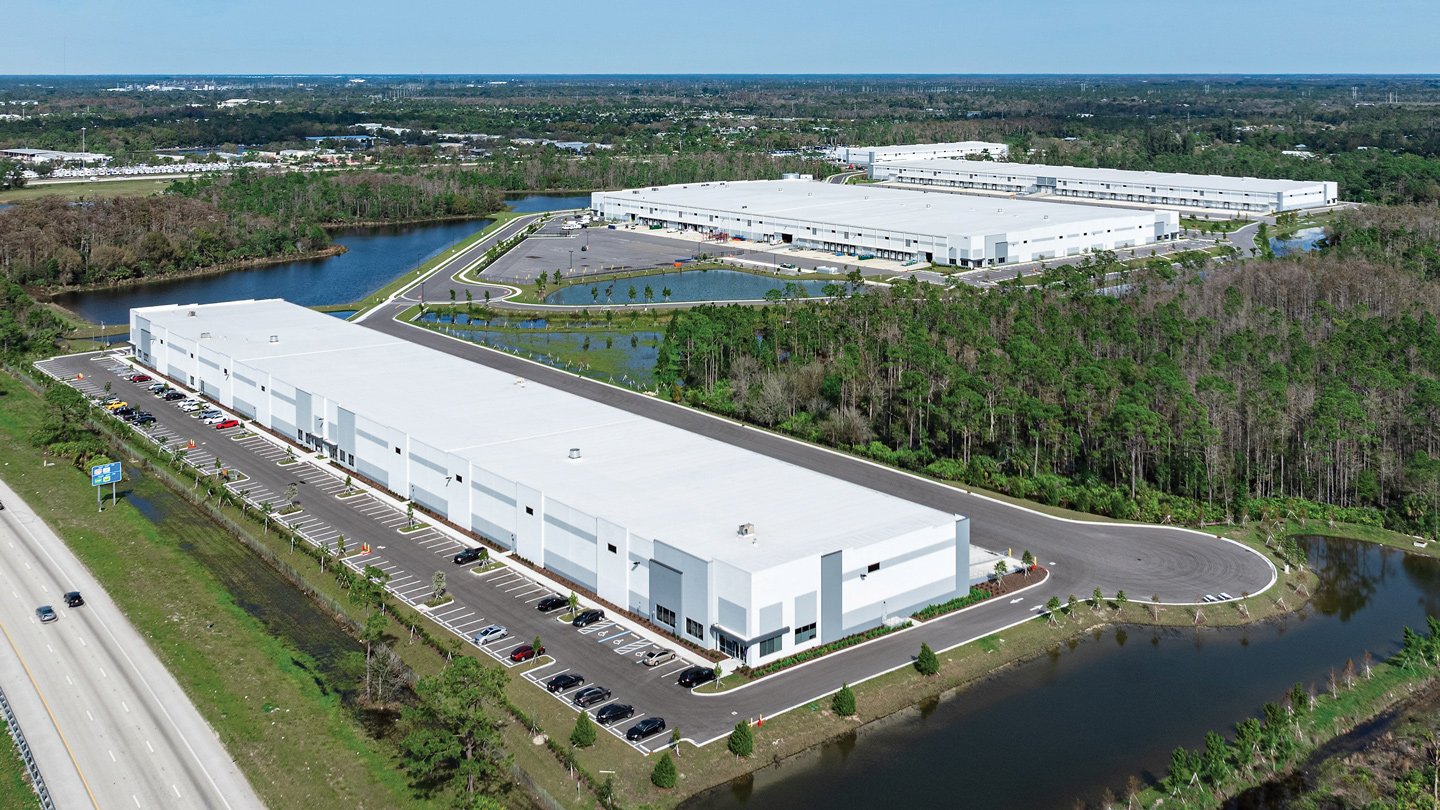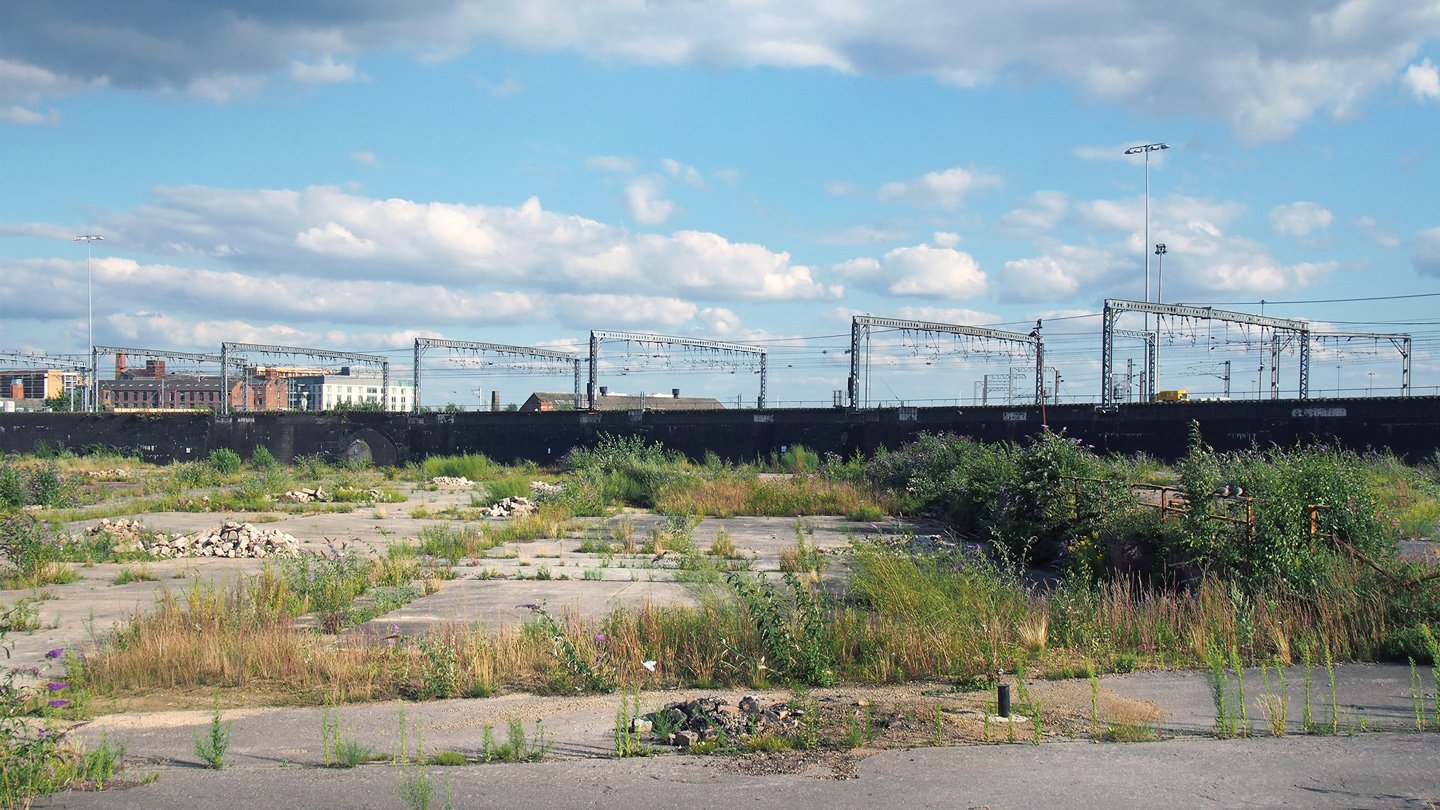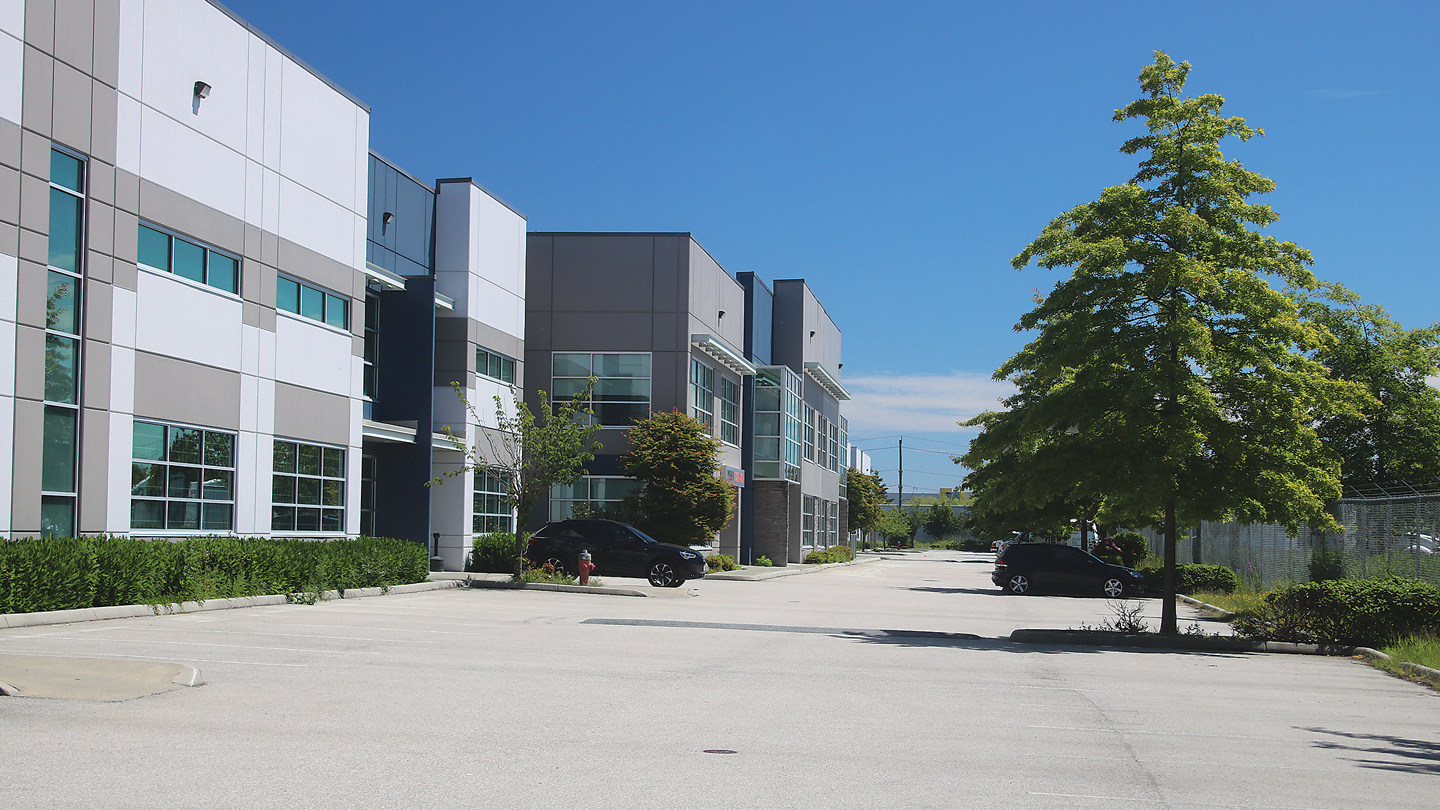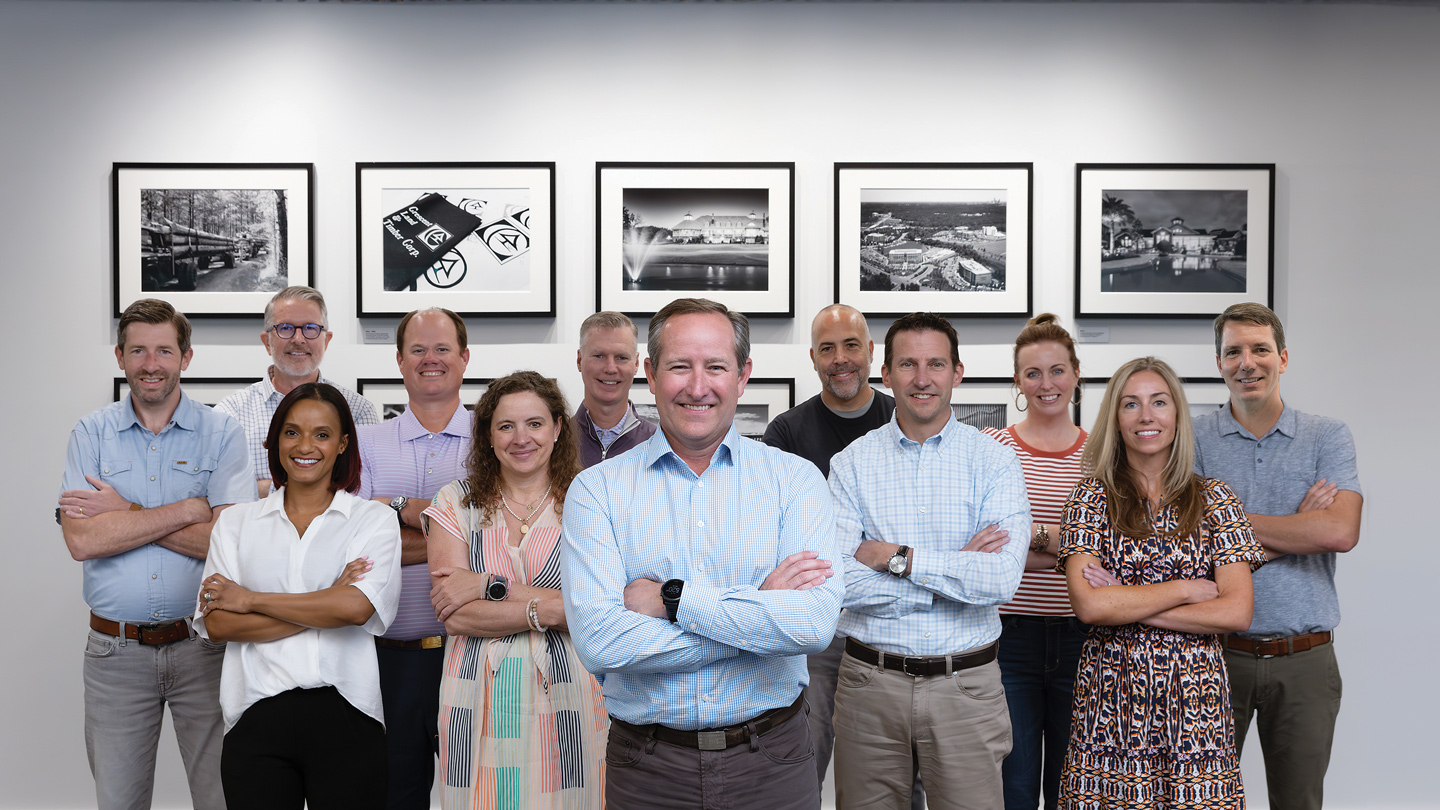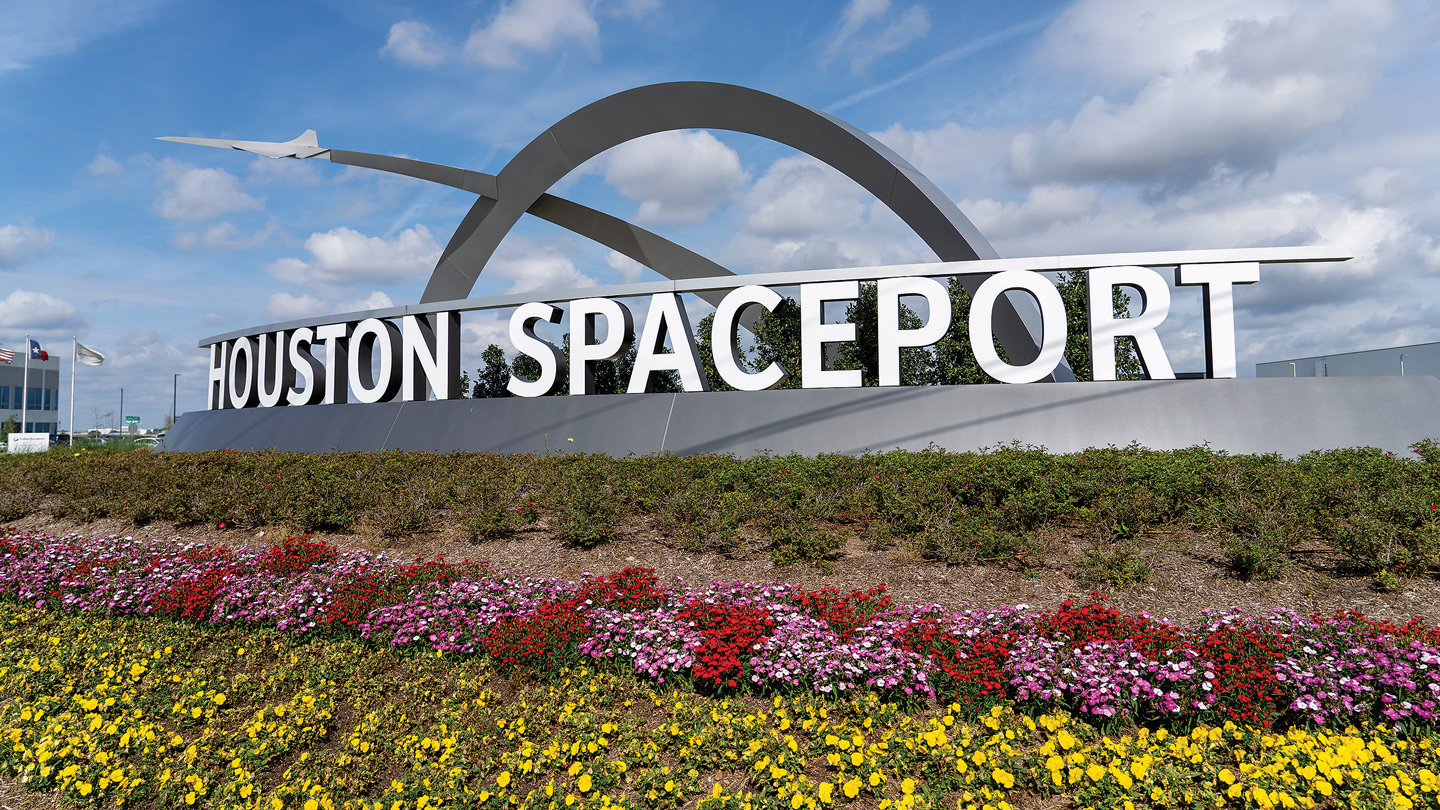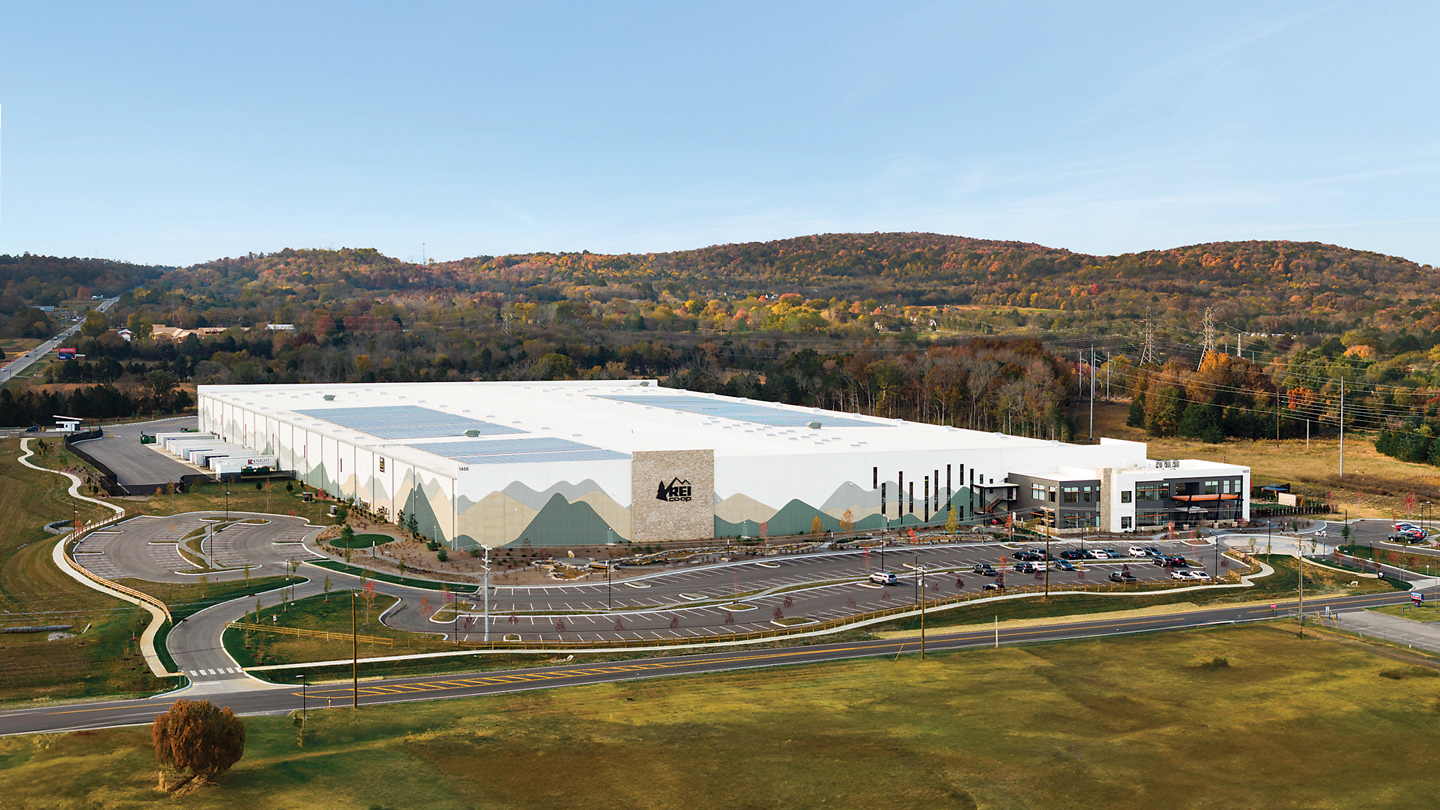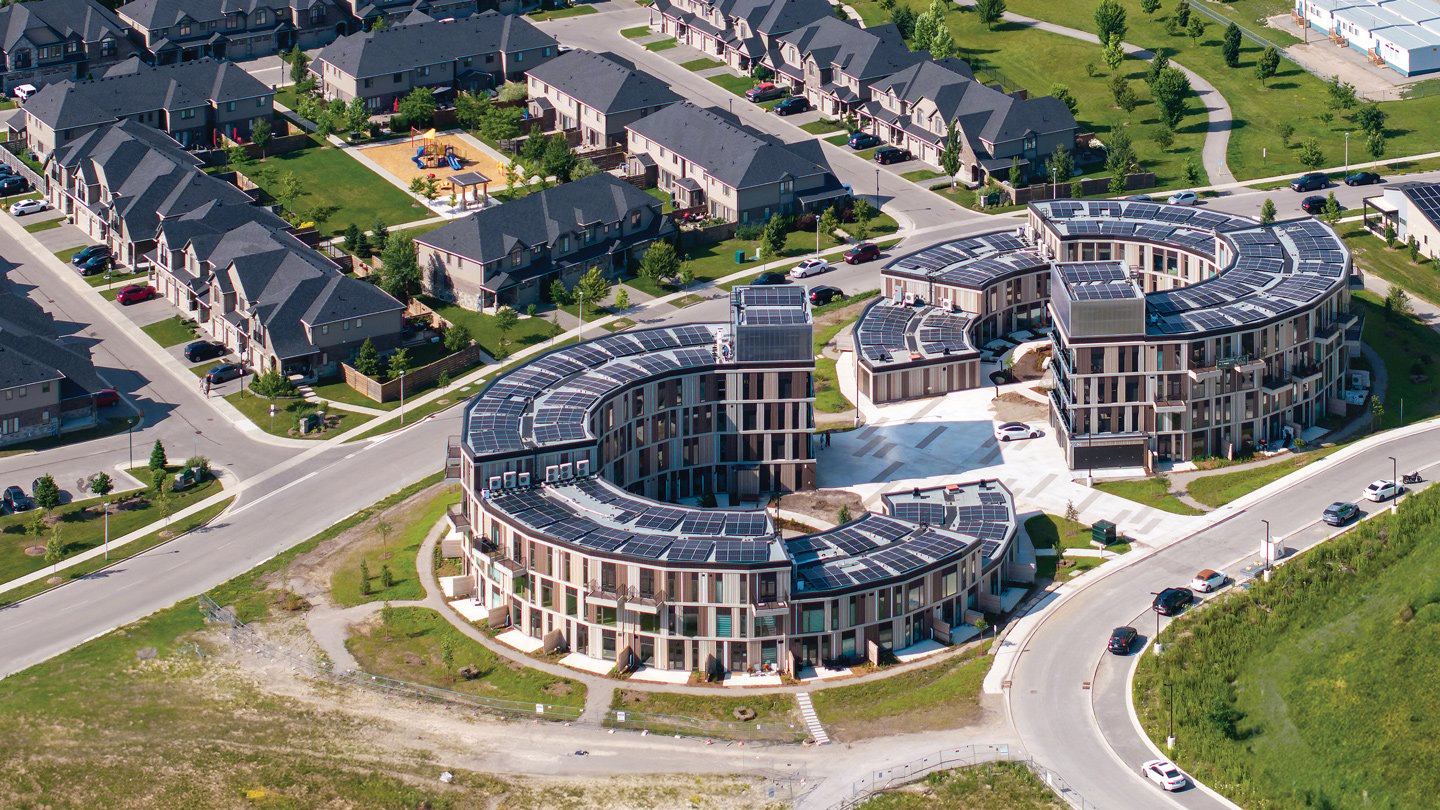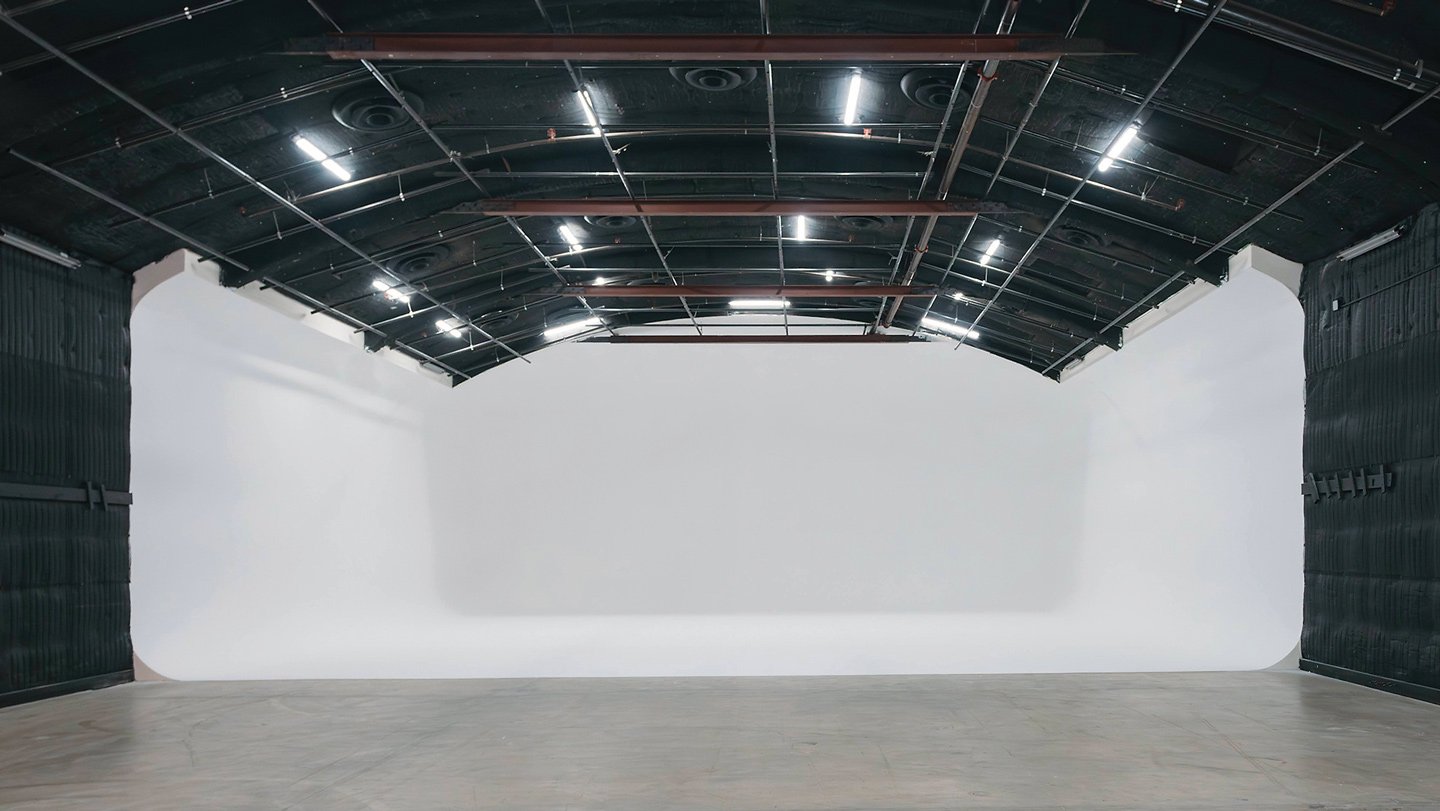
Lights, Camera, Action: The Future-forward Renovation of a Hollywood Studio
Demand for entertainment content is also driving demand to modernize production studios.
Read MoreWhat Does it Mean? NAIOP Releases Glossary of Commercial Real Estate Terms
Search Terms in the Online GlossaryDEVELOPMENT/OWNERSHIP FROM PAST ISSUES
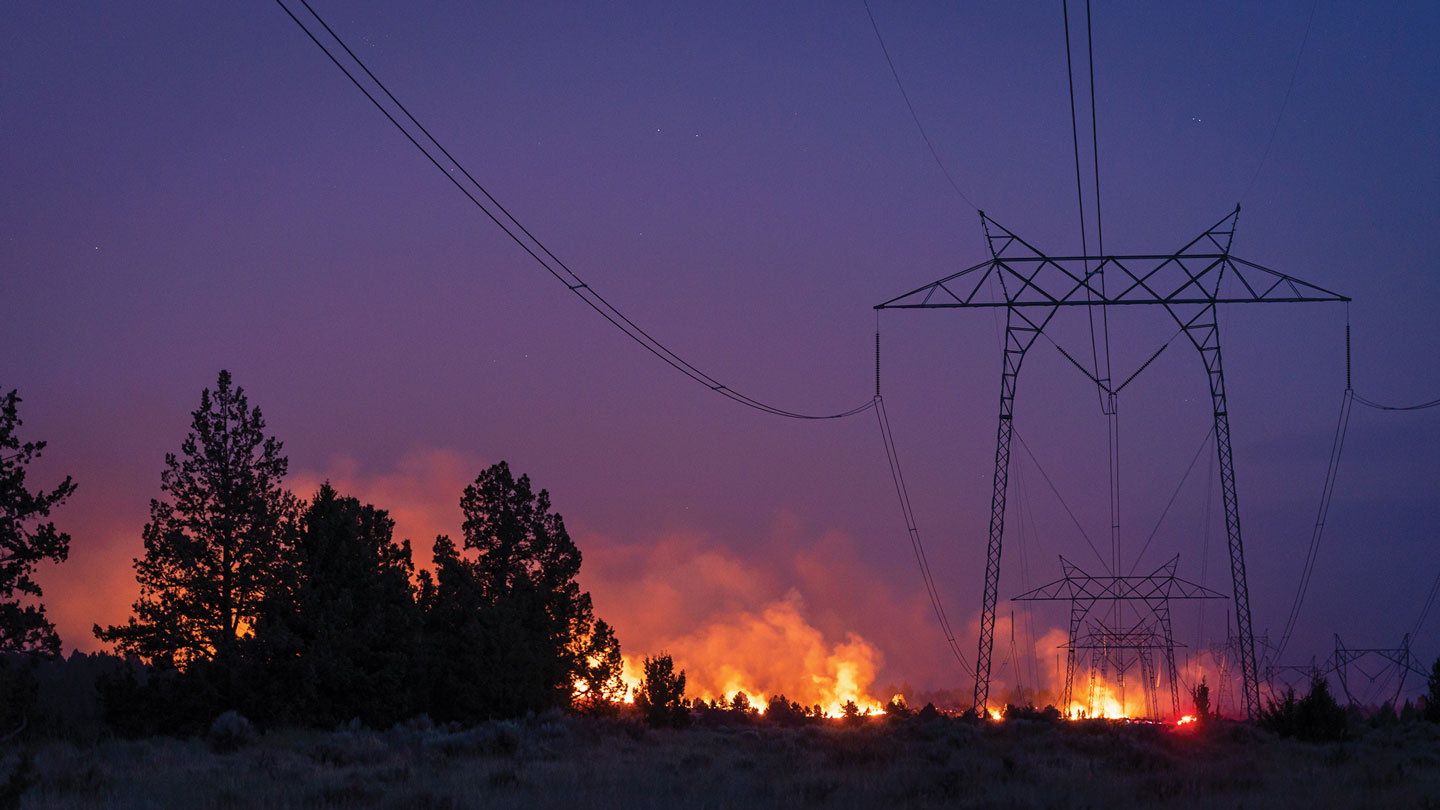
Enabling Resilient Real Estate Through Microgrids and Distributed Energy
The business case for microgrids is growing stronger.
Read More
Behind the Scenes of a Closing
How to avoid three legal speed bumps on the road to closing a deal.
Read More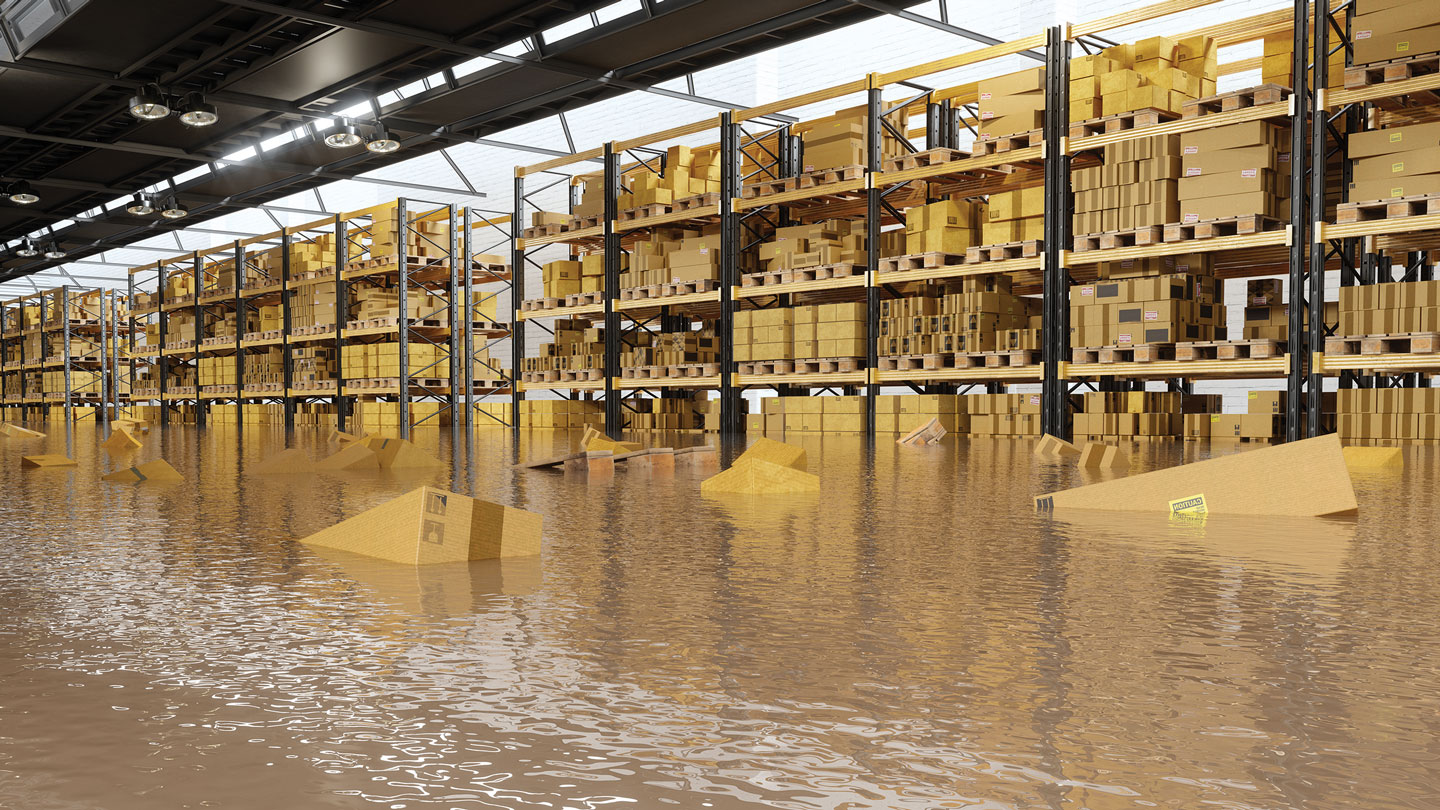
Extreme Weather: Key Tactics for Future-proofing CRE Development
Developers can minimize future climate risks by incorporating resilient building strategies that position their properties for economic success.
Read More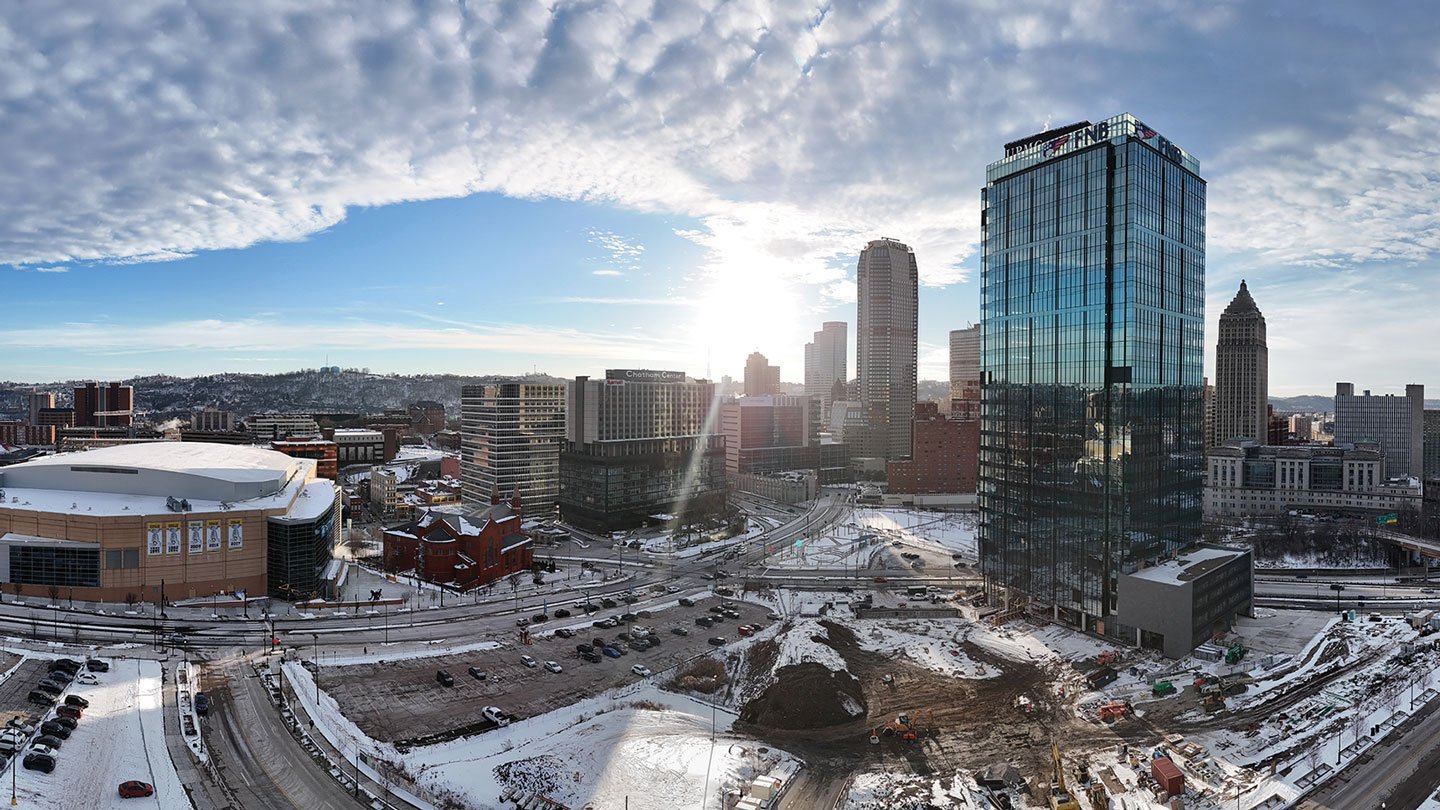
The Future of Sustainability Includes the Past
The Lower Hill Redevelopment project in Pittsburgh aims to rebuild connections with a historic neighborhood decimated by urban renewal in the 1950s.
Read More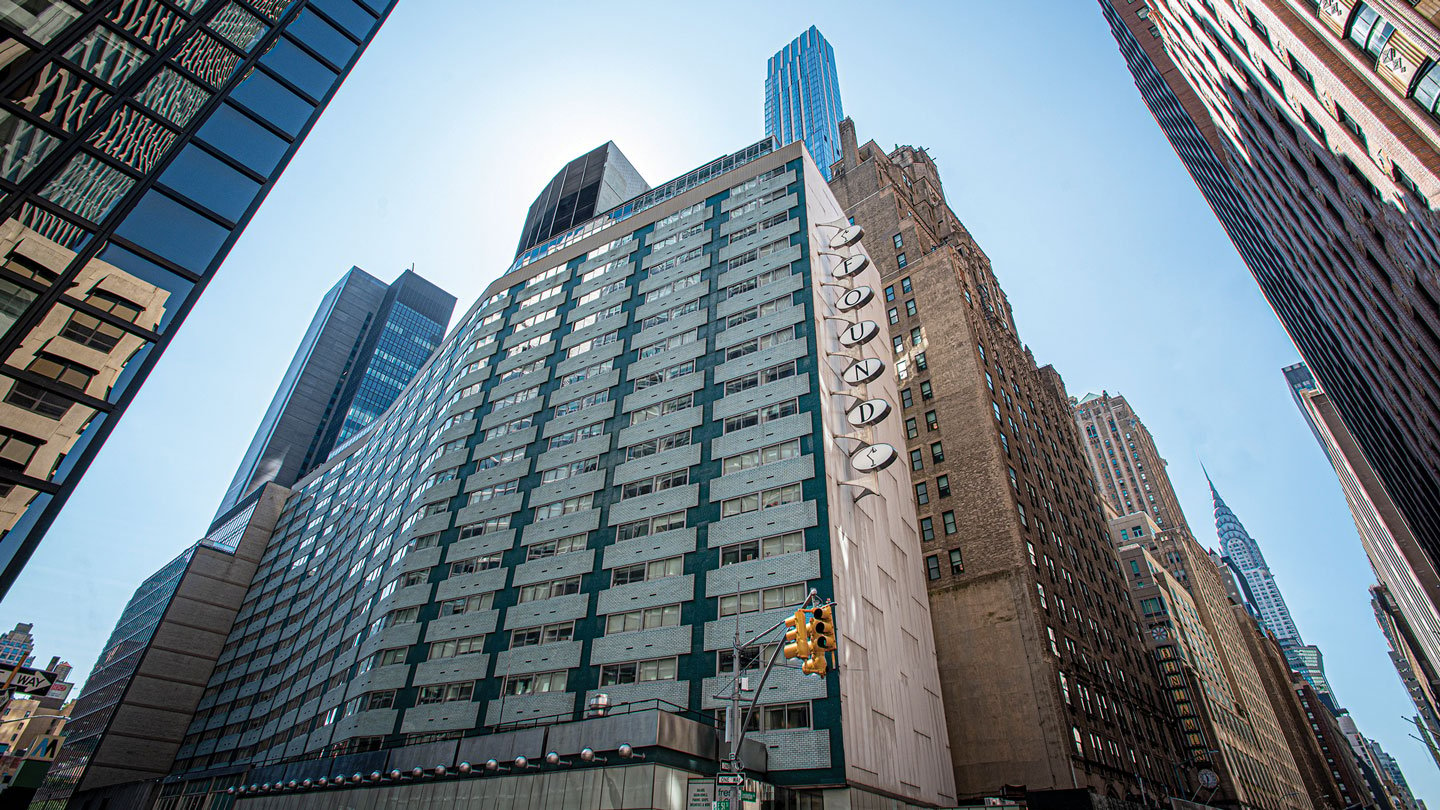
Reinventing Hotels as Housing
Whether for dormitories or apartments, converting underperforming hotels in urban markets shows promise.
Read More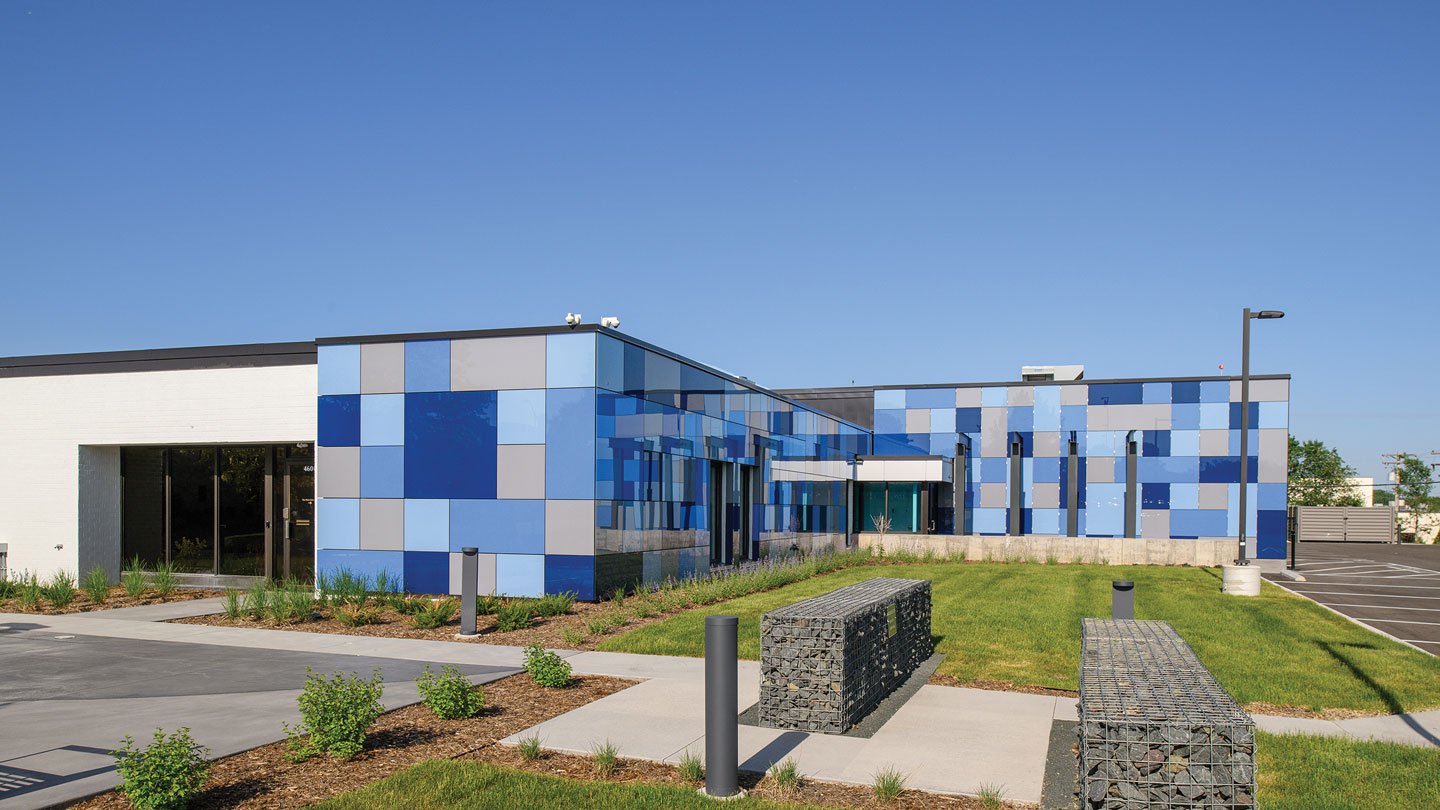
Come Rain or Come Shine: Rainscreens
Rainscreen systems can be an aesthetically pleasing and environmentally friendly choice.
Read More
New & Noteworthy Projects
An assortment of brief facts and figures about new and noteworthy development projects.
Read More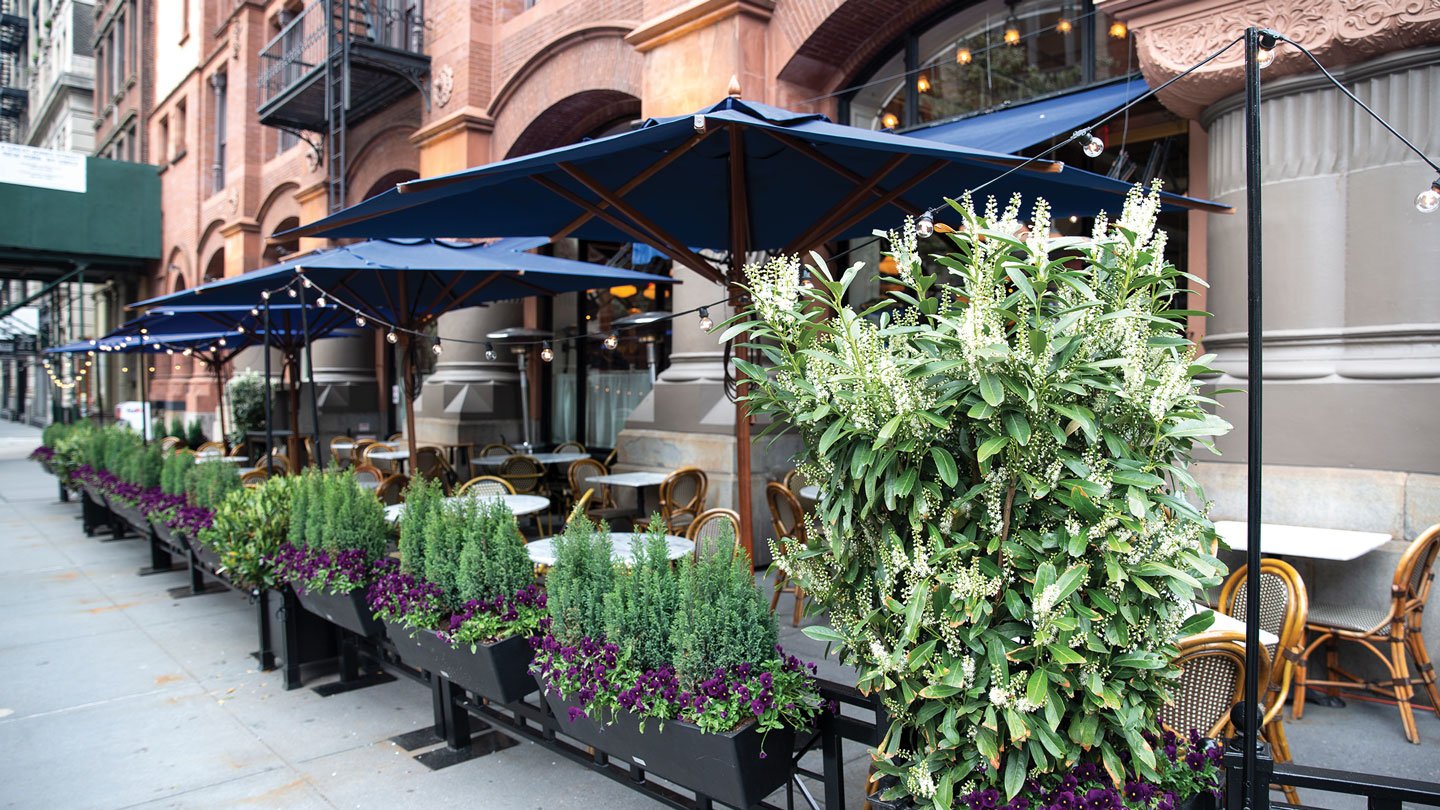
Preparing for Conversions of Retail to Restaurants
Experiential uses can require complex infrastructure.
Read More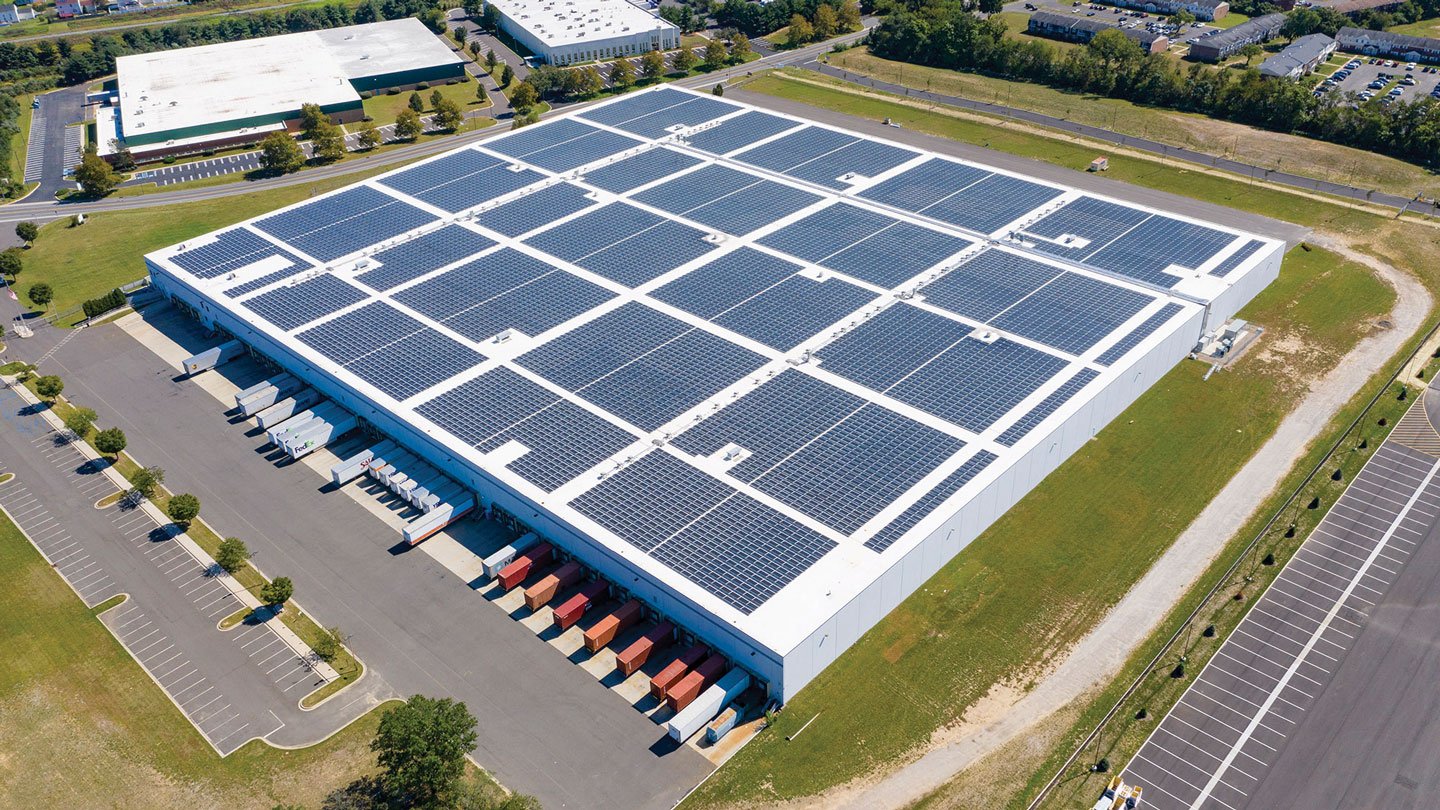
Nine Critical Issues in Solar Rooftop Leasing
By properly navigating the risks and liabilities, building owners can create additional revenue streams while helping the environment.
Read More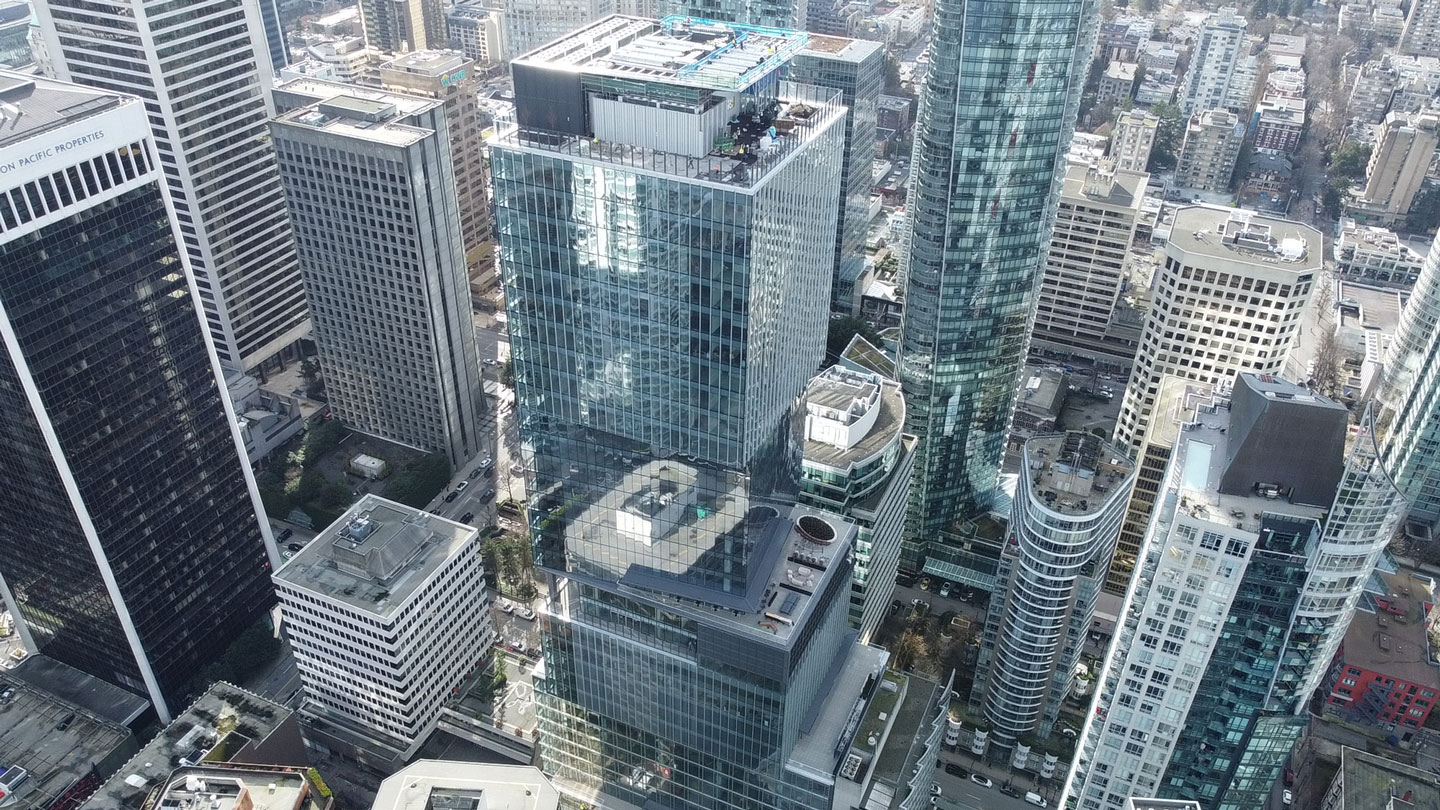
Soaring to Zero Carbon
The Stack in Vancouver stands tall as the first commercial high-rise office project in Canada to earn Zero Carbon Building Design certification.
Read MorePartner with NAIOP and connect with commercial real estate.
Now booking sponsorships for 2025!ARCHIVED ISSUES
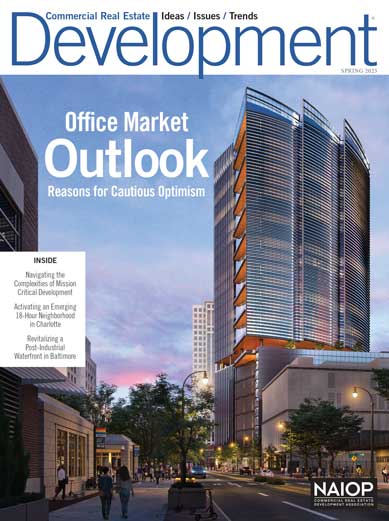
Spring 2025 Issue
The spring 2025 issue offers insights about where the office market might be heading over the coming year, explores the complexities of mission critical development, and provides detailed looks at two transformative mixed-use projects: The Bowl at Ballantyne in Charlotte and Baltimore Peninsula in Maryland.
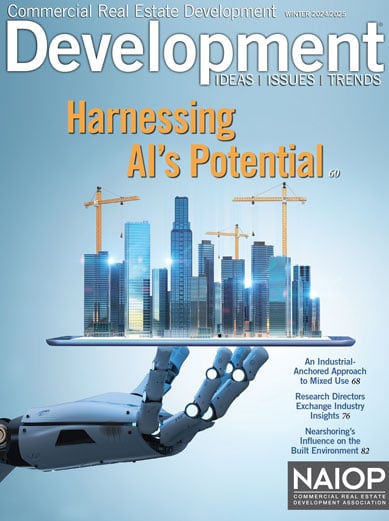
Winter 2024/2025 Issue
Development magazine’s winter issue delves into the evolving uses of artificial intelligence in the commercial real estate industry, from lease management and building operations to portfolio assessment and data analysis.


